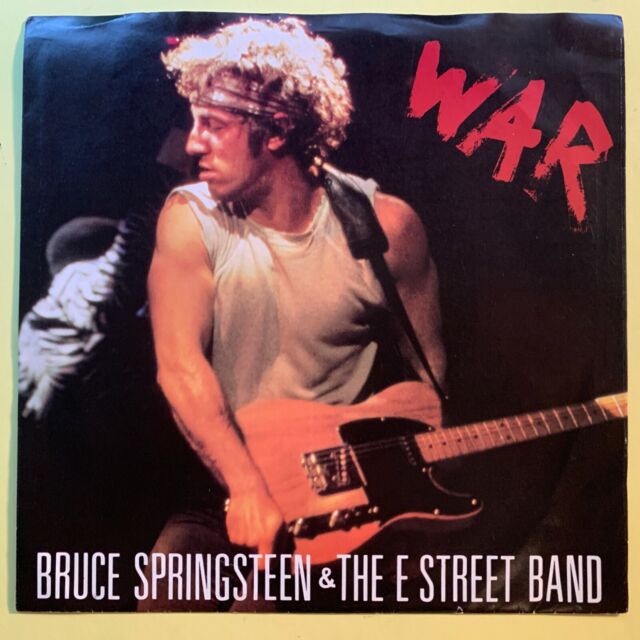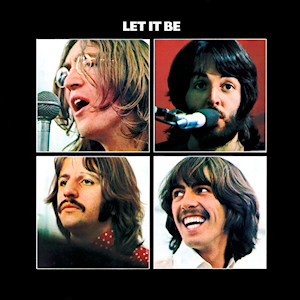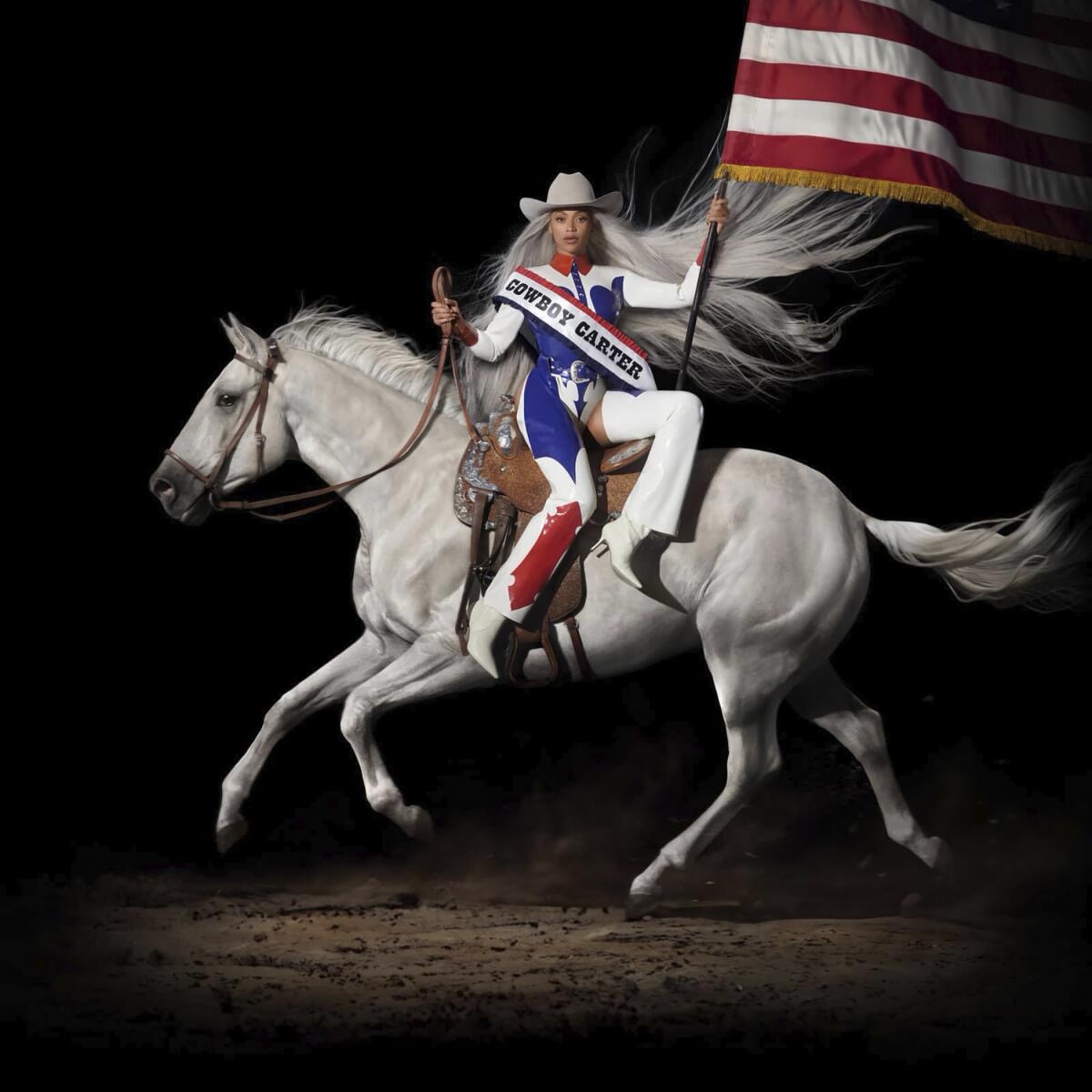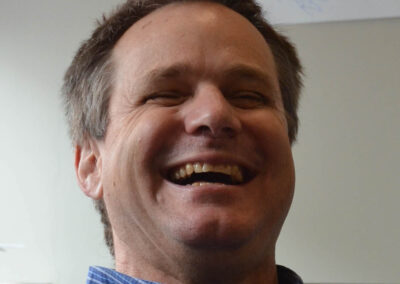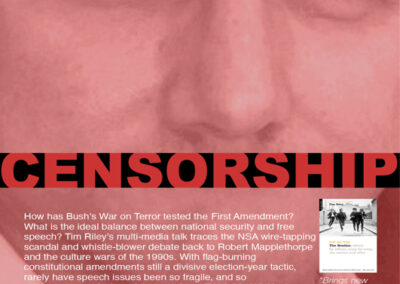“Criticism of unprecedented fullness…”—Kirkus Reviews
The No-Fun Zone of Hotel California
A Canadian catches up with California’s Golden Hour
I liked Robert Gilbert’s “On the Inconvenience of Hating the Eagles,” so I pinged him and asked him why he stopped before Hotel California. We tussled. I wrote up my take, and he wrote up his:
Until a few weeks ago, I had never owned, let alone listened to, an album by the Eagles. And in all honesty, had Tim not proposed a back-and-forth between us after my piece a few months ago on my Substack about my ambivalence about the group, that would have remained the case. But there I was, going onto Amazon, searching for a CD copy of Hotel California, hitting Add to Cart, and then Proceed to Checkout, and then (did I wince by this point? Yes, I did) Place your order. The next day, a copy of the album was on my doorstep…
Tangled Threads and Golden Needles
September 20: Neil Young, Bruce Springsteen, the Future of Roots
September 6: Drive My Car: Soulsters Cover Lennon-McCartney
August 9: Moondog Matinee's garage band gold; M. Gessen on Navalny; Nate Chinen on music books
July 26: MAGA as outsized Marvel comic satire; the Eagles go C&W; Schubert dances
July 12: Notes on Woody Guthrie; hifi's biggie small; and rock drumming
June 28: The last of the Good Old Puffer Trains, the Kinks aren't like anybody else
Can You Hear Me Now?
The pleasures and mysteries of Peter Jackson’s remastered version of “Let it Be.”
When Peter Jackson assembled the unused footage from “Let it Be” in 2021 for Disney’s “Get Back” project, he lifted the veil on the Beatles’ most confusing anomaly. A reunion five decades in the making, it was embraced by millions as a master class in the drudgery of the creative process, capturing musical sorcery as it happened: Paul McCartney leaning back in his chair, strumming his bass like a guitar, and conjuring “Get Back” from the cold January air. Eight hours of footage spanning four weeks cast a complete mold around songs once dubbed unsalvageable. For dessert, Apple released the complete, uninterrupted rooftop set for iMax…
from truthdig.com, May 8
Also: in the riley rock report, Led Zeppelin’s John Bonham, May 10
Lies of Stone, and Pollini’s Intellectual Passion
On Cowboy Carter, and Pollini’s legacy
Beyoncé’s moment cries out for larger, and largely omitted, context. Country music has a tradition as a halfway house, or protected zone, for miscreants and lowbrows. After leaving the UK in shame in 1958 for marrying his first cousin once-removed, 13-year-old Myra Gale Brown, Jerry Lee Lewis retreated to C&W, the only genre that would have him, but more importantly: where whites went to wash off sin. The music itself wasn’t racist, but most of its audience certainly leaned that way, and the industry’s broadcast pipelines were as proudly segregated as a Birmingham public school…
Bernstein’s Rock Star Podium:
On Bradley Cooper’s Maestro
…In real life, Bernstein’s mainstream popularity allowed him to record most of the core symphonic repertoire with the New York Philharmonic, but the critics, especially Harold Schonberg of The New York Times, threw down thunderbolts of invective, accusing him of self-indulgence, distracting flamboyance, and a lack of intellectual rigor. To counter this, Bernstein delivered Harvard’s Norton Lectures with a gripping comparison of Noam Chomsky’s theory of innate grammar to music’s 20th-century tonal dilemma, using Charles Ives’s The Unanswered Question as a premise and Beethoven’s “Pastoral” Symphony as a dazzling example of musical poetics. Later broadcast on PBS and published in book form, these ideas inspired a generation of musicians to think hard about music history and explore new forms with interpretive dandy…
Riley on Riley
The Music Journalism Insider interview
What was the best track / video or film / book you’ve consumed in the past 12 months?
Oh that Dan Charnas book, Dilla Time, such a bomber. That made me hear rap in a completely new way and I still barely grasp the nuances of Dilla’s achievement. But last year had many terrific entries: I wrote about Chuck Berry: An American Life, by RJ Smith, and Lightning Striking, by Lenny Kaye, but there’s also Rap Capital, by Joe Coscarelli.
What would you like to see more of in music journalism right now?
More diversity, obviously. What we need is 600 years of Margo Jefferson and Danyel Smith and Hanif Abdurraqib and Nelson George and Jeff Chang to “balance” the scales. Us white guys have screwed things up royal…
Tell Me Why: A Beatles Commentary (1988)
Riley offers a new, deeper understanding of the Beatles by closely considering each song and album they recorded in an exploration as rigorous as it is soulful.
"In Tell Me Why, a labor of loving obsession, Tim Riley minutely examines the music of the Beatles... Song by song, he notes the subtleties of craft and inspiration that keep the Beatles' recordings contemporary, illuminating music so familiar it's often taken for granted."

